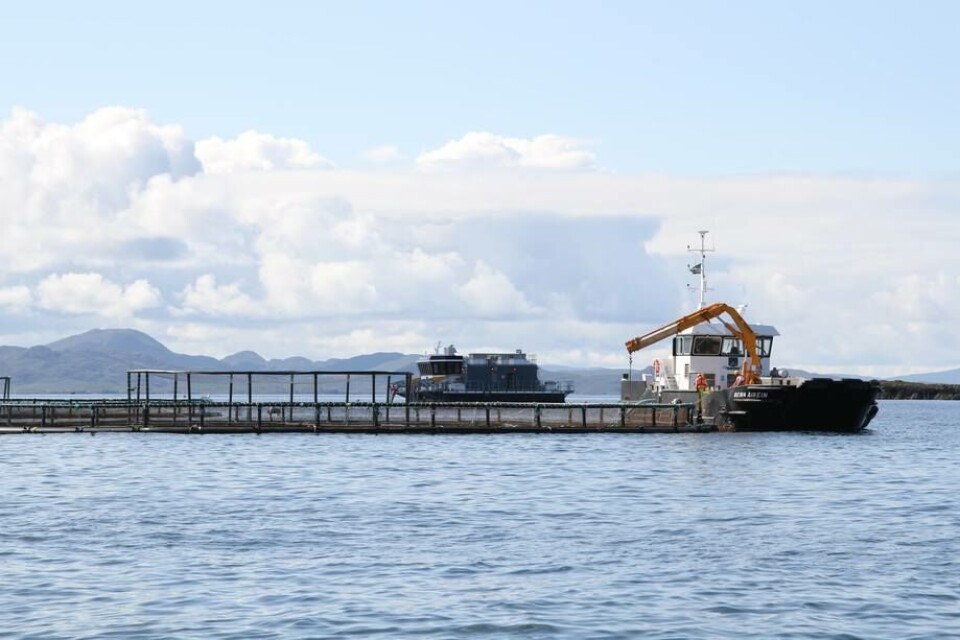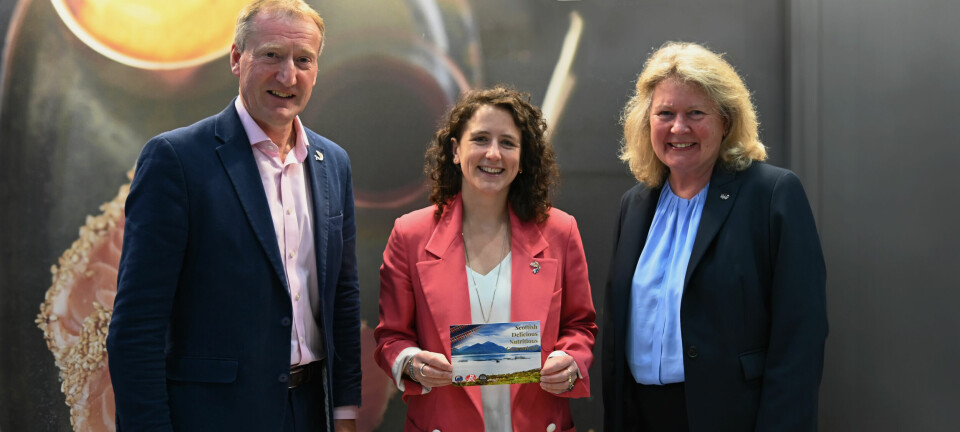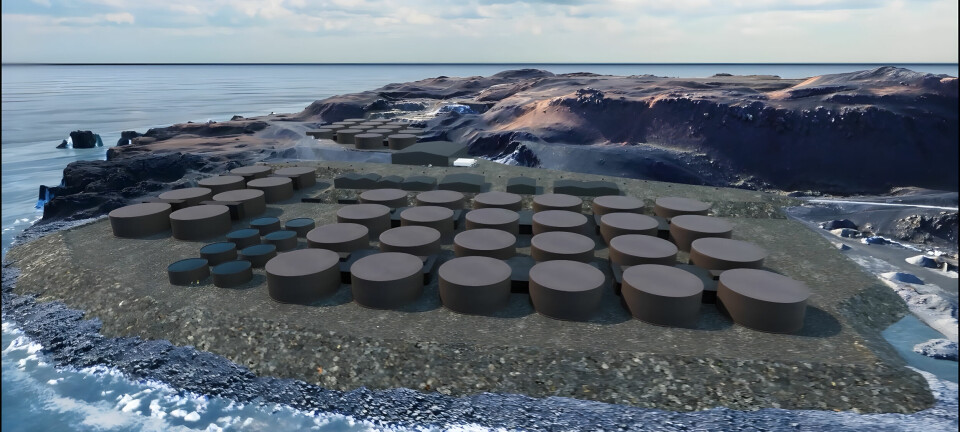
Marine Harvest bids for bigger biomass consent on Muck
Marine Harvest hopes to gain its first fish farm consent for more than the previous de facto Scottish maximum biomass of 2,500 tonnes as part of plans to expand its high-performing farm off the Isle of Muck.
The company has submitted a planning application to Highland Council to increase production at its salmon farm by extending its boundaries and adding two new pens to the 10 existing 120m-diameter pens.
This would allow for an increase in production from 2,500 to 3,500 tonnes, and MH Scotland has applied to the Scottish Environment Protection Agency (SEPA) for a variation in its Controlled Activities Regulations (CAR) licence to allow for the extra fish.
The effects of the increase on the environment have been calculated using the NewDepomod model now preferred by SEPA. This allows the agency to more accurately set biomass limits according to the suitability of the site.
High-energy currents
The high-energy currents around Muck should allow fish waste to be distributed more widely than in sheltered sea lochs, therefore allowing the site to host a greater number of fish without the extra environmental impact that would mean at other farms.
Marine Harvest opened the Muck farm in 2014 as part of an £80 million expansion which has seen the creation of a series of larger “open sea” sites.
The opening of the farm created six full-time permanent jobs on the island, with a major element of the original plans the construction of new houses to accommodate staff. If the production increase gets the go-ahead the site will employ three more people.
Marine Harvest has gained the required permissions for a new 2,500-tonne farm off the nearby island of Rum, and expects the facility to be constructed and stocked by September.
As with Muck, the company will have to build accommodation for staff on Rum, something that is subject to a separate planning application.




















































